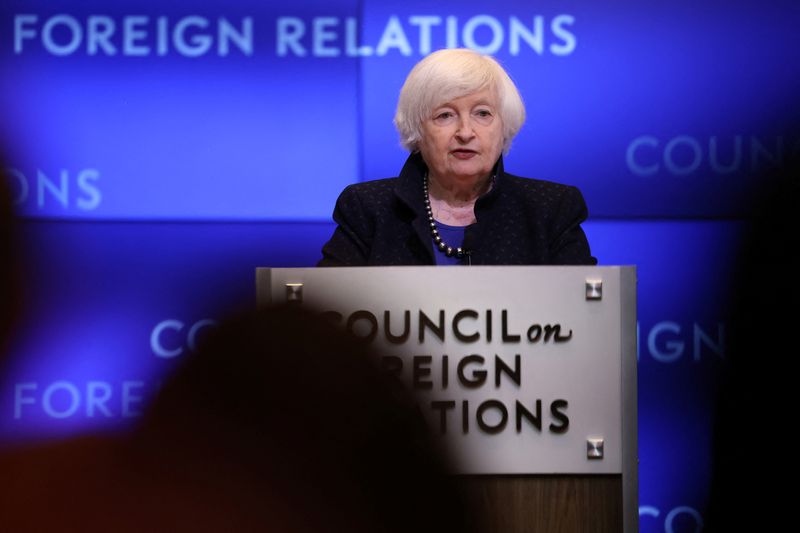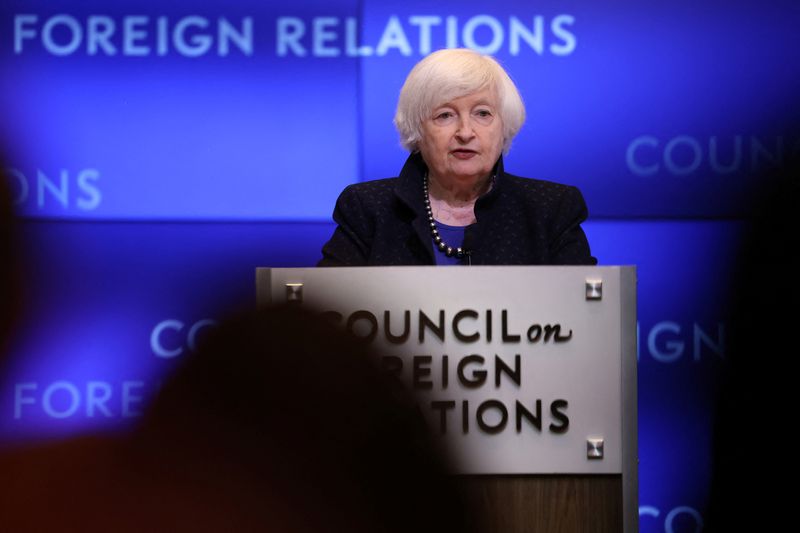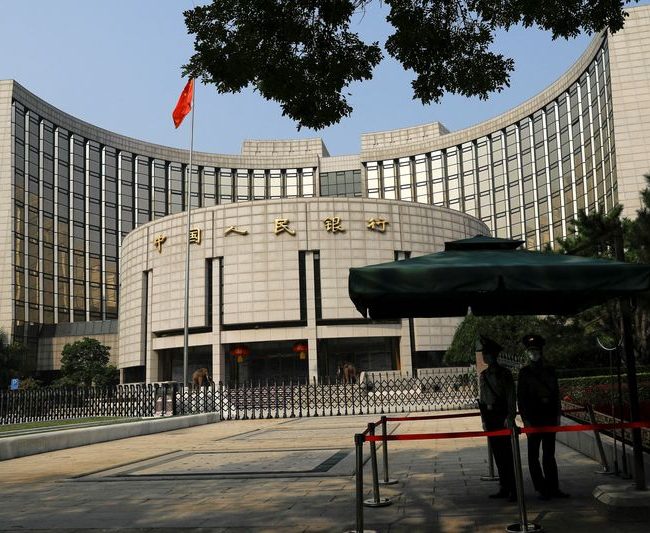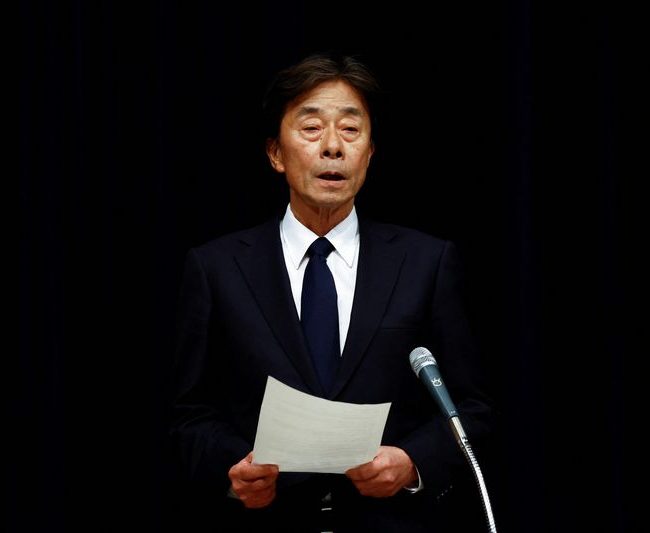
Yellen defends COVID spending, says it saved millions from losing jobs

By Andrea Shalal
WASHINGTON (Reuters) – U.S. Treasury Secretary Janet Yellen on Wednesday will defend the Biden administration’s response to the COVID pandemic, arguing that its stimulus spending and other policies led to robust growth and averted millions of job losses.
In her last major speech before leaving office on Tuesday, Yellen will argue that the Biden administration’s stimulus checks, monthly child tax credits and enhanced unemployment benefits reduced major downside risks, and that inflation – which spiked everywhere – fell earlier in the U.S. than in other rich countries.
While the U.S. economy had done “remarkably well” in the aftermath of the pandemic, it outperformed other advanced economies and did better than in past recessions, Yellen said in excerpts released by the Treasury Department. The pace of inflation cooled dramatically as supply disruptions eased.
The Biden administration and Democrats in Congress enacted the $1.9 trillion American Rescue Plan Act in March 2021, after more than $3 trillion in COVID spending approved during President-elect Donald Trump’s first administration in 2020.
The actions kept paychecks flowing for idled workers, paid rent and put thousands of dollars directly into Americans’ bank accounts, fueling sharp increases in consumer spending at a time when the economy was plagued by pandemic-driven shortages.
Yellen, who last week offered a rare concession that the stimulus spending may have contributed “a little bit” to inflation, argued on Wednesday that it substantially offset the income gaps faced by some 10 million people who lost their jobs or left the labor force by the end of 2020.
The spending averted “significant hardship” and supported demand, which allowed Americans to get back to work quickly, which in turn helped the U.S. avoid the erosion of skills and fallout of long-term unemployment, she said.
A policy aimed solely at preventing the post-pandemic surge in prices without looking at employment consequences would have resulted in far less or even contractionary spending, Yellen said.
Lower spending would likely have led to far lower output and employment, with potentially millions more people out of work, households without the income to meet their financial obligations, and lackluster consumer spending, she said.
Yellen said most researchers agreed a substantial increase in the unemployment rate would have been needed to keep inflation at the Federal Reserve’s 2% target, possibly as high as 10% to 14% throughout 2021 and 2022, with an additional 9 million to 15 million people out of work.
The U.S. unemployment rate has been below 4% for more than two years, an unparalleled streak not seen since the 1960s. The unemployment rate since 1948 has averaged 5.7%.
Yellen said the U.S. economy was doing well now, with solid growth, low inflation and a strong labor market, but more work was needed to address structural trends that make it difficult for many families to achieve a middle-class life.
The former Federal Reserve chair has championed what she calls “modern supply-side economics,” which rejects the idea that deregulation and tax cuts for the rich will fuel broader economic growth, and focuses instead on investments in infrastructure, the labor force and research and development.


